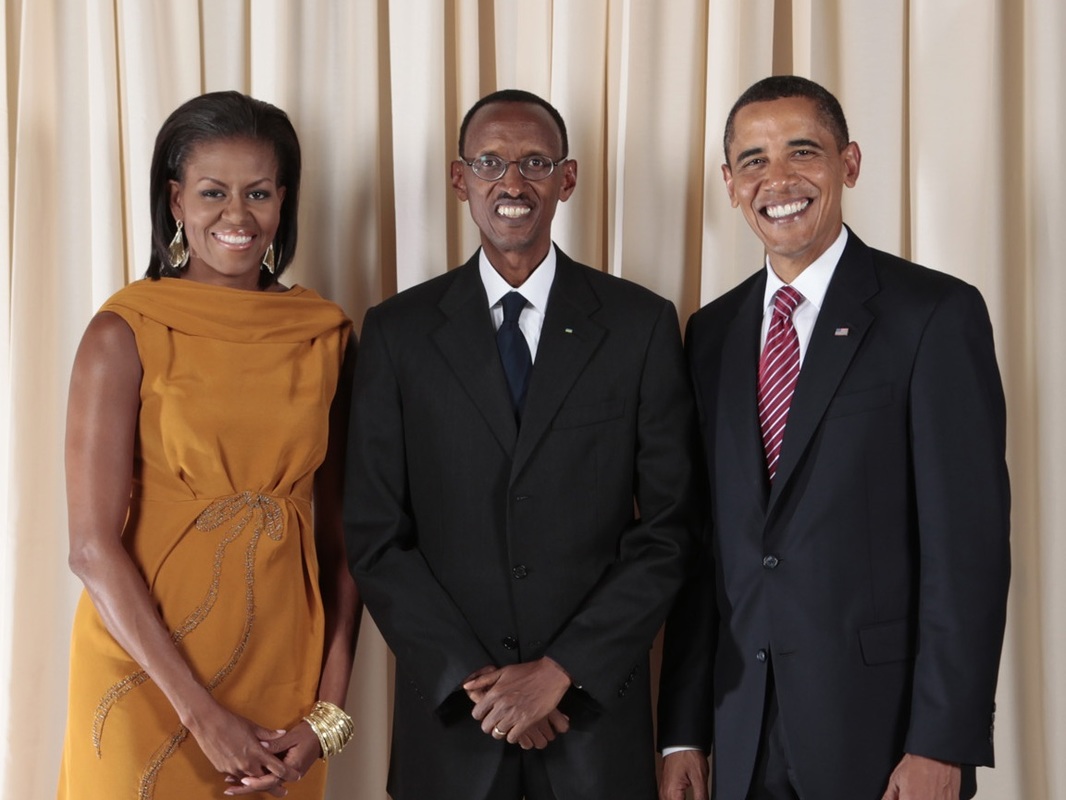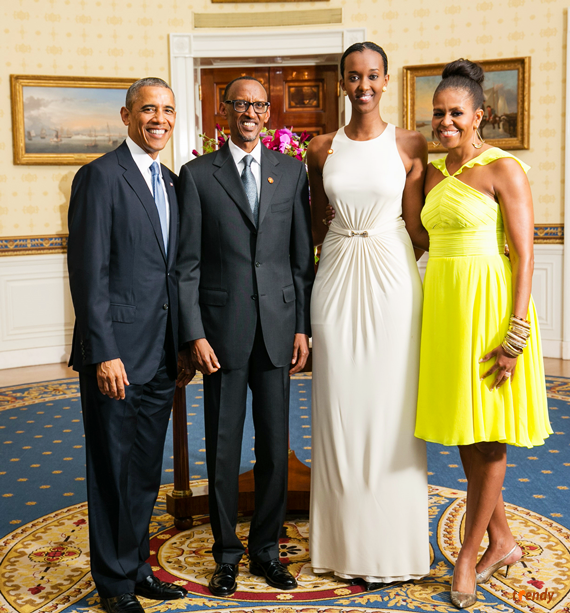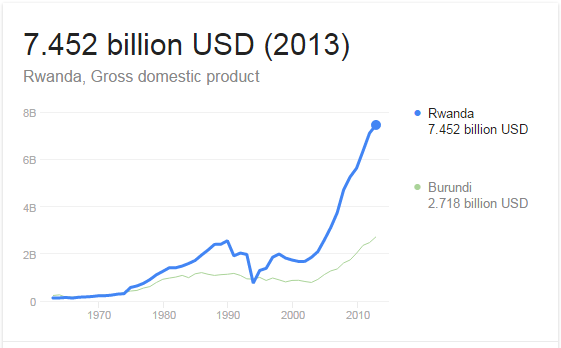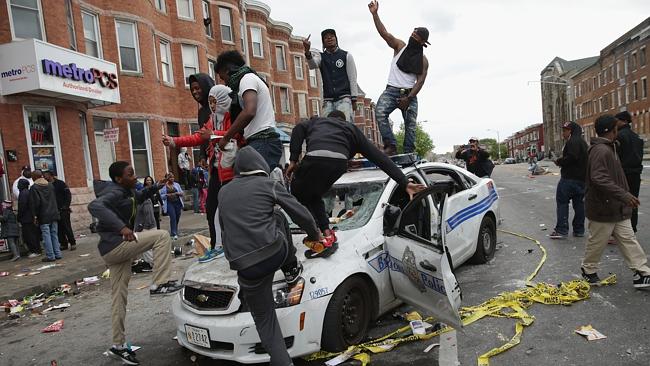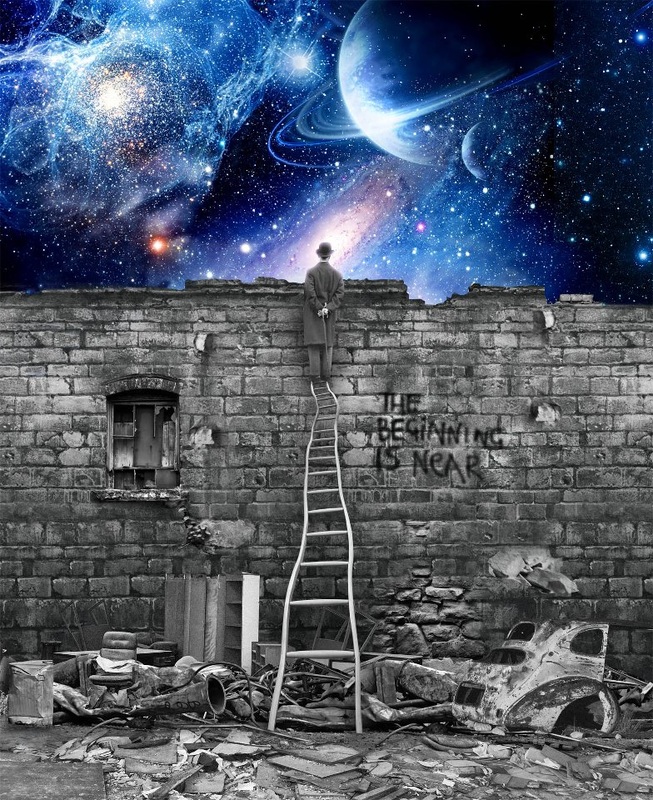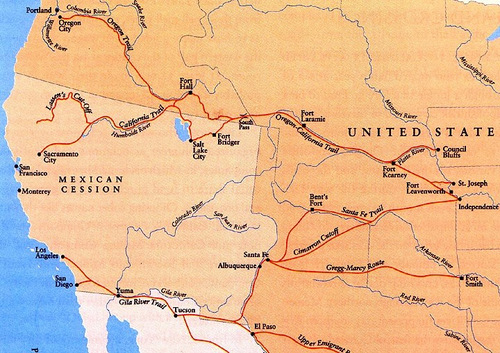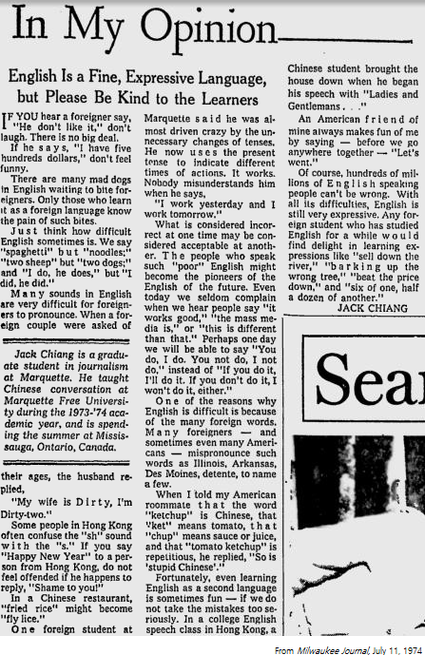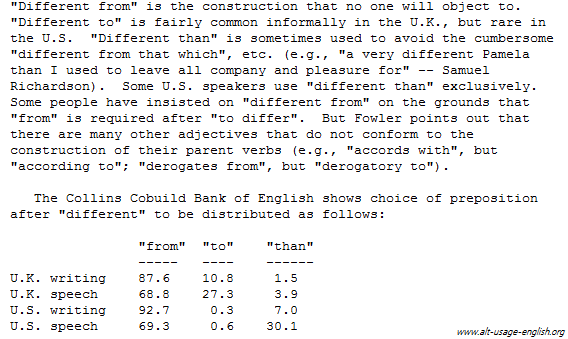Scene I. Backwards Cap Boy
Legs dangling off the seat, baseball cap in hand, a preschool-age boy is seated
A woman sits next to me, perhaps in her late 20s. As with almost everyone else who is seated, she is staring at the screen of her “phone” (an anachronistic term; it is actually an all-purpose digital cocoon). I don’t spy on what other people are doing inside their digital cocoons, but this time I happened to see as I was looking past her to try to see the station name. Her screen, I see, says this, exactly: “Which of these are oranges?” There are four pictures of fruits, one of which is oranges. She successfully selects the oranges, and I look away. I think this is the Rosetta Stone program. I am impressed that a Korean is using this. Most of those we can see studying on the train do dense and sometimes highly-esoteric grammar exercises.
Scene III. Abusing a Traveling Salesman.
As the doors close, a “pitch” begins. The man is in his 60s. He is trying to get people to buy a product he has in the cart he’s pulling. He starts explaining the benefits and how great a price he is offering. (The products these guys sell are generally fairly good). No one is budging. Everyone is ignoring him, as usual. His voice is weaker than many of these train salesmen’s voices. I feel a bit sorry for him. One dour bald fellow walks by, makes a kind of annoyed grunt, and says something that we might translate as “Goddamn it. These jerks keep bothering us on the train…” The annoyed bald man exits to another car (all the cars are connected). As even I heard it, the salesman will have heard this comment. He ignored it. No buyers in this car, the salesman collects his pride again and proceeds to the next car.
Scene IV. To Hold On, or Not to Hold On.
Morning. Aboard an express train into Seoul from Incheon. Standing room only. A shorter middle-aged man in a suit is standing directly under a dangling loop-shaped handle. He is not holding it. If the train comes to a sudden halt, he’d go flying, but the train rides are so smooth that most standing people do not hold on. The man is ensconced in his own digital cocoon (“phone”). I am standing in an awkward position and try ti hold the handle above his head, but sometimes let go. When not holding it, it hits him in the head. He turns to me, annoyed, and makes some comment I don’t understand clearly. This is very unusual as Koreans almost always ignore each other in public. Does he think it’s my fault? It’s the train motion’s fault! I hold it tightly, out of head’s way, for the rest of the trip…


